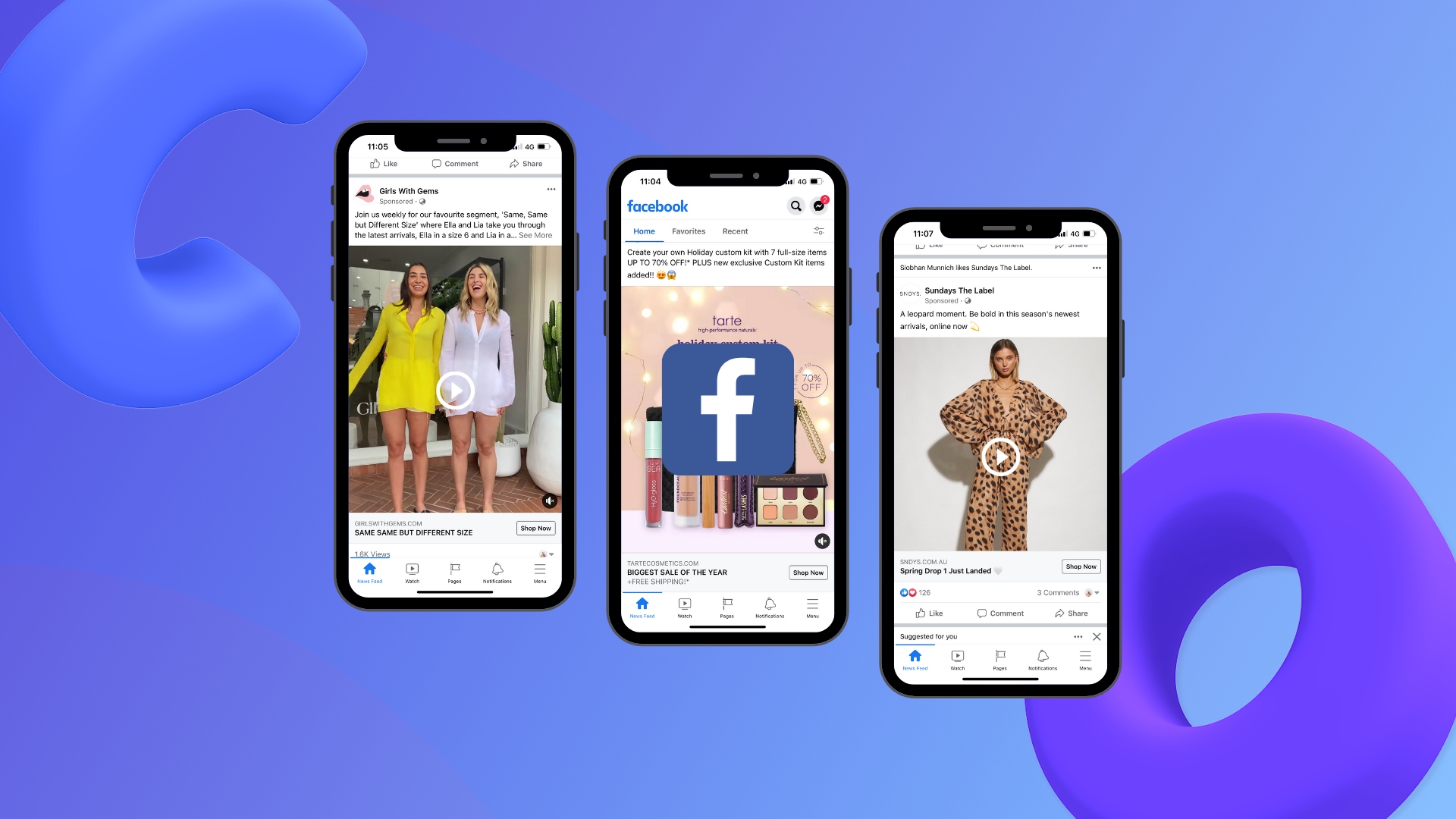
 When it comes to digital advertising, two big players that come to mind are Facebook Ads and Google Ads. Both provide an excellent platform to reach your target audience, generate leads, and grow your business. However, each platform has its own strengths and weaknesses. As a business owner, you must know the pros and cons of each platform to choose the one that best suits your business needs. In this article, we will help you understand the differences between google ad or facebook ad and guide you in making an informed decision.
When it comes to digital advertising, two big players that come to mind are Facebook Ads and Google Ads. Both provide an excellent platform to reach your target audience, generate leads, and grow your business. However, each platform has its own strengths and weaknesses. As a business owner, you must know the pros and cons of each platform to choose the one that best suits your business needs. In this article, we will help you understand the differences between google ad or facebook ad and guide you in making an informed decision.
- Targeting Capabilities:
Both Facebook Ads and Google Ads provide effective targeting capabilities, though their approach differs. Facebook Ads mainly focuses on demographics, interests, behavior, and location targeting, while Google Ads mainly focus on keywords and placement targeting.
Facebook Ads allows you to target people based on their interests, behaviors, demographics, and location. You can create an audience based on people who have visited your website, subscribed to your newsletter, or engaged with your content. You can also create a lookalike audience that matches the characteristics of your existing audience. This way, you can reach people who are most likely to be interested in your product or service.
Google Ads, on the other hand, uses keywords and placements to target people who are actively searching for the product or service you offer. Keywords allow you to show up on search result pages when people are searching for specific queries related to your business. Placement targeting, on the other hand, allows you to show up on relevant websites related to your industry.
- Cost:
The cost of advertising on Facebook Ads and Google Ads differs. Facebook Ads generally works on a bidding system, where you set a budget for your campaign, and the system shows your ad to people who are most likely to engage with it.
Google Ads, on the other hand, follows a pay-per-click (PPC) model, where you pay for the cost of a click on your ad. The cost of a click depends on factors such as keyword competition, ad relevance, and quality score.
While both platforms have their own bidding models, Google Ads generally costs more than Facebook Ads. However, the cost also depends on the industry, location, and competition of your business.
- Ad Types:
Facebook Ads and Google Ads offer various ad types to choose from. Facebook Ads mainly focus on visual-based ads such as images, videos, and carousels. You can also run ads on Facebook Messenger and Instagram.
Google Ads, on the other hand, provides various ad types such as text-based ads, display ads, video ads, and shopping ads. Text-based ads mainly appear on search engines, while display ads appear on relevant websites based on placement targeting.
- Metrics and Reporting:
Both platforms provide a comprehensive set of metrics and reporting to analyze the performance of your campaigns. Facebook Ads provides metrics such as reach, engagement, clicks, and conversions, while Google Ads provides metrics such as click-through-rate (CTR), cost-per-click (CPC), and conversion rate.
One significant advantage of Google Ads is the integration with Google Analytics, which provides in-depth analysis of user behavior on your website. This way, you can understand the customer journey better and optimize your campaigns accordingly.
To sum up, both Facebook Ads and Google Ads provide an excellent platform for digital advertising. Facebook Ads mainly focuses on demographic and interest-based targeting, while Google Ads mainly focuses on keyword and placement targeting. The cost of advertising on both platforms depends on various factors such as industry, competition, and location.
While the platform you choose mainly depends on your business needs and budget, it is always wise to experiment with both platforms and analyze the results to find the one that best fits your business. Ultimately, both platforms can provide remarkable results to grow your business, but it is up to you to choose the one that suits you best.
